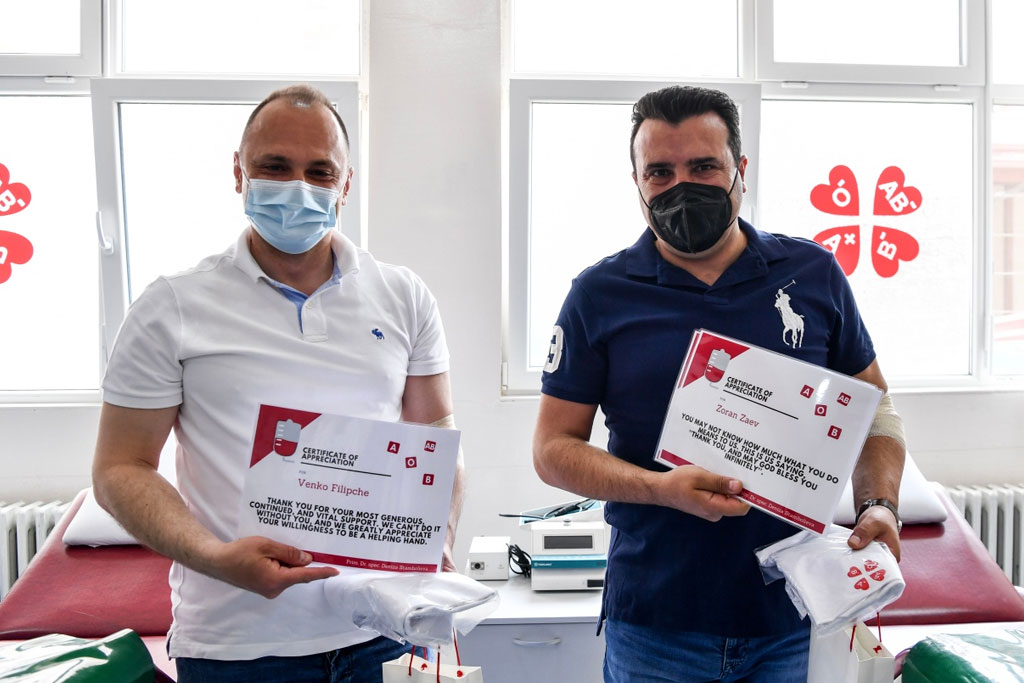ZAEV Program for raising public health awareness

7 April - World Health Day
Celebrating the World Health Day on 7 April, which each year draws attention to a specific health topic of concern to people all over the world on the date that marks the anniversary of the founding of the World Health Organization, by launching training for the introduction of “Medical Clowns” in the municipality of Strumica. Guided by the fact that the “Medical Clowns” is a program that has proven to be extremely successful in treating patients worldwide, its results should be aimed at helping hospital patients reduce stress, anxiety and the fear of doctors by the children. With the training completed (psychology, social work and care giving), our goal is the future medical clowns, through a different approach to psychosocial support that is most important for patients’ health, to result in distraction in the patient’s attention from difficult therapies to the patients and children who have been in hospital for a long time.
14 June - World Blood Donor Day
1 October - International Day of Older Persons
Celebrating International Day of Older Persons on 1 October, declared by the United Nations General Assembly to raise awareness of the problems faced by the elderly, and to highlight the contribution of the elderly to society. The celebration will be realized by organizing a “Week dedicated to the care of the elderly”, which will include activities such as visits to the elderly, lonely and frail people in their homes, providing food aid and hygiene items, as well as a visit to nursing homes on the territory of the municipality of Strumica.
10 October - World Mental Health Day
Celebrating World Mental Health Day on 10 October, supported by the World Health Organization, given the pressures imposed by the new way of life. Especially in the young population, the basis for the development of depression is created, because they as a target group are more under the pressure of influence and excessive use of social media, which are not a picture of reality and create conditions for social isolation with a sense of rejection. According to the above, activities will be implemented to prevention against excessive use of social networks, fear of exclusion, fear of missing out, self-aggressive behaviour, social dysfunction, alienation, isolation and loneliness, which should result in increased awareness of the seriousness of this problem.
27 December - International Day of Epidemic Preparedness
Celebrating International Day of Epidemic Preparedness on 27 December, declared by the United Nations General Assembly and the World Health Organization, because of the need to promote the importance of epidemic preparedness, prevention and partnership. Activities for the protection of the life and health of the citizens will be realized, as a direct contribution to increasing the quality of patient care.


